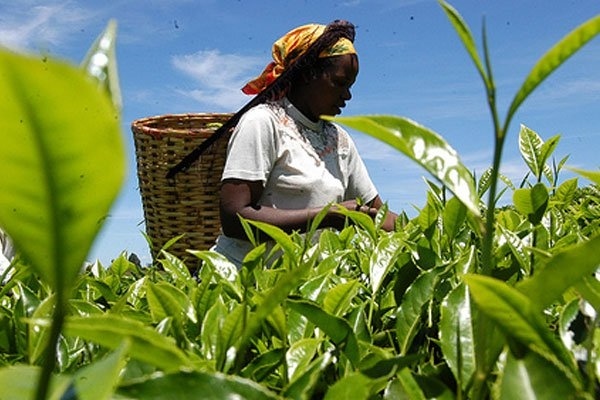Partnerships and collaboration between farmers and private investors have been identified as the strongest vehicles to rescue and revitalize the multi-billion agriculture sector.
Co-operatives Principal Secretary Ali Noor Ismail says good synergies between the landowners and private investors provide the greatest opportunity to empower the farmers and support the country’s Big-Four agenda, especially in food security and manufacturing sub-sectors.
“The PPP (Public-Private Partnership) model is the strongest vehicle to transform and revitalize our agriculture,” said the PS when he addressed the two-day National Agriculture Summit-2020 at a Nairobi Hotel. The summit ends today.
The PS gave the example of cotton small-scale farmers in Kwale County who are reaping huge dividends after adopting the PPP model with a private financier to support cotton farming.
The Government is currently injecting millions of shillings to revive cotton growing and revamp dormant ginneries across 27 counties starting with Muluanda ginnery in Busia which recently received Sh 30 million for its revival.
The PS said the PPP model is essential in widening access to technology while linking farmers to market by combining strengths which is not possible when individual farmers operate on their own.
“The PPP model is also essential for advancing agriculture to meet global challenges in food security, ”the PS told the Summit which has brought together key players both in the Government and the private sector grouped under the Kenya Private Sector Alliance.
The address by the PS focused on “Positioning Co-operatives for the transformation and growth of Agriculture Sector in Kenya”.
He said innovative partnerships that bring together businesses, Government and small-holder farmers are increasingly becoming the modus operandi in agriculture where collaboration enables the players to pool adequate resources, adopt emerging technologies, increase efficiency while mitigating the risks of doing business in the sector.
The PS identified four key areas of collaboration including the development of agriculture value chains, joint agriculture initiatives, building and upgrading market infrastructure and the delivery of business development services to farmers and small enterprises.
Additionally, said Noor, the PPP model provides great opportunities for the participation of the private sector in franchising with Co-operatives, financing agriculture co-operative ventures, contracting farmers and the development of storage and cold chains infrastructure.
Other key areas of private sector participation include professionalization by outsourcing services, provision of modern technology for primary agro-processing and control of post-harvest losses.
The PS however cautioned that farmers can only hope to reap benefits of their sweat through aggregation into Co-operatives whose advantages include economies of scale, fair trade practices, value chain approach, reduction of transaction costs and provision of affordable credit and farm inputs.
Co-operatives also facilitate marketing of farmers’ produce while ensuring prompt payments of members.
These co-operatives added the PS must, however, observe the highest governance standards, provide leadership that is guided by transparency and integrity and continuously build their capacities.
The PS said agricultural co-operatives accounts for 50 per cent of the over 23,300 registered co-operatives whose estimated membership stands at over 14 million people.
The Summit was opened by Agriculture Cabinet Secretary Peter Munya, Wednesday.

